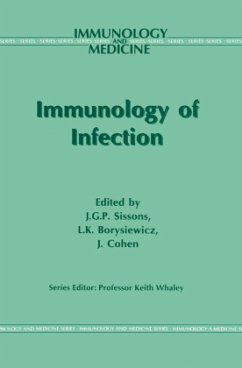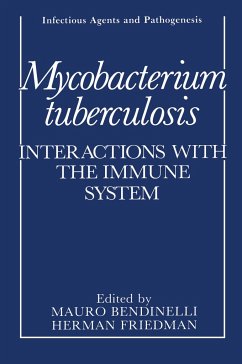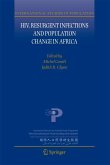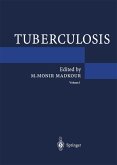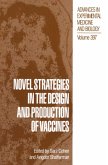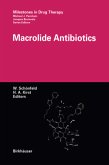The immune system has evolved in large part to enable organisms to resist microbial infeetion. Given this very fundamental relationship between the immune system and infeetious microbial agents it is entirely appropriate that avolume in this series should be devoted to the immunology of infeetion. Mieroorganisms have long been used as experimental tools by immunologists, and the study of the immune response to viruses and baeteria has eontributed mueh to our understanding of basie immunologieal meehanisms (for example of the meehanism by whieh non-self determinants on eells are reeognized). However there are of eourse important praetieal and elinical reasons for attempting to understand the immunology of infeetions - these inelude the needs for rational design of vaeeines and to understand the pathogenesis of human infeetious diseases. The last deeade or so has seen a resurgenee of interest in infeetious diseases and a reeognition that they remain of importanee and pertinenee to all areas of medicineo This is not just beeause of the advent of AIDS, although that has been a major faetor - the rise in drug-resistant myeobaeterial infeetions and the reeognition of the infeetious aetiology of peptie uleer disease are other illustrations. It should be made elear that this volume deals with aspeets of the immunolgy of baeteria, viruses and fungi - but it does not deal with parasite immunology which it is planned to eover in a separate volume in the series.
Bitte wählen Sie Ihr Anliegen aus.
Rechnungen
Retourenschein anfordern
Bestellstatus
Storno

